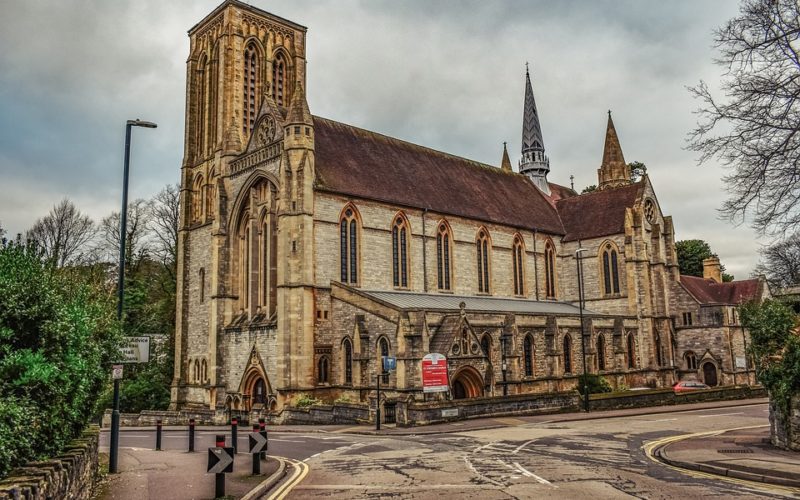Asking Questions
There have always been people who want clarification on any subject, but many of them throughout history have understood that questioning religious beliefs could be a dangerous subject. Those who were prepared to face the consequences were brave indeed, and many of them suffered horribly. Their questions resulted in them losing nearly everything they had, but they persisted in their own belief that questioning religious authority was the right thing to do.
Some famous people have questioned religious authorities throughout history, and Martin Luther was one of them. He believed that scripture was of overriding important, and he also held the belief that the Catholic Church of his time was ignoring it. Rather than sit by quietly, he began questioning the ethics of what was being done. When the answers he received were not good enough, he nailed his list of theses to the door of the church and founded his own religion.
Martin Luther was one of the success stories when it comes to asking questions because he had support from many people in his area, and he was able to recover. Some people throughout the ages found that their questions could ensure they would never again be able to upset those who controlled the local religious beliefs. Punishments from centuries ago included being imprisoned, banished from an area, and they also included being put to death. Jesus Christ upset the Jewish authorities, but it was the ruling Romans who sentenced and executed him.
While the harsh punishments of years gone by are no longer a result of asking questions, many established religious institutions do punish members they believe are attempting to upset the system. They do not put people to death or banish them from a country, but they can refuse them entry to their religious rituals because it is one of the only forms of punishment left to them.

















